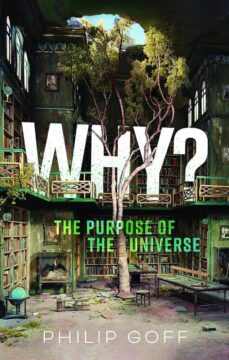Galen Strawson in The Guardian:
 Why is there something rather than nothing? It’s meant to be the great unanswerable question. It’s certainly a poser. It would have been simpler if there’d been nothing: there wouldn’t be anything to explain.
Why is there something rather than nothing? It’s meant to be the great unanswerable question. It’s certainly a poser. It would have been simpler if there’d been nothing: there wouldn’t be anything to explain.
Some people think that if we knew more, we’d see that there couldn’t have been nothing. That wouldn’t surprise me. Others go further: they think we’d see that there couldn’t have been anything other than just what there is: this very universe, containing just the kind of stuff and laws of nature it does contain. That wouldn’t surprise me either, nor – I suspect – Einstein: “What really interests me,” he said, “is whether God had any choice in the creation of the world.” (Einstein’s God is a metaphorical device: “The word God is for me nothing more than the expression and product of human weaknesses.”)
Most people who ponder these things take a different view. They think the universe could in fact have been different. They think it’s puzzling that it turned out the way it did, with creatures like us in it. They are tempted by the idea that the universe has some point, some goal or meaning. In Why?, Philip Goff, professor of philosophy at Durham, argues for “cosmic purpose, the idea that the universe is directed towards certain goals, such as the emergence of life” and the existence of value.
I’m not convinced, but I’m impressed. Why? is direct, clear, open, acute, honest, companionable. It manages to stay down to earth even in its most abstract passages. I’m tempted to say, by way of praise, that it’s Liverpudlian, like its author.
More here.
